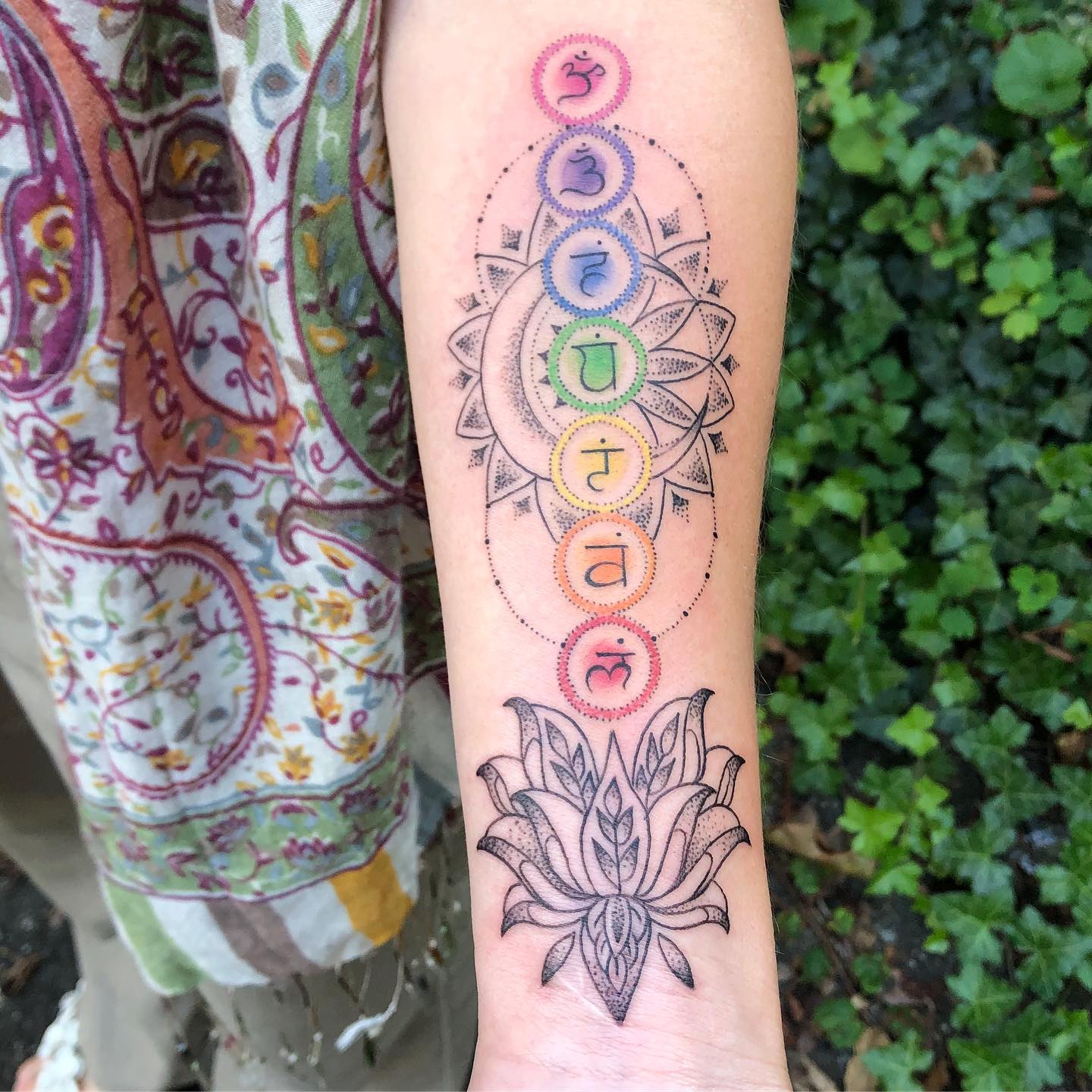Back to school.
Part of what drew me into higher education as a young professional was the desire to be a lifelong student. If I could stay enrolled in college forever I think I would, and one of the most painful parts of formerly serving as an academic advisor was the envy I felt when I heard about the courses my students were taking.
It is commonly attributed that author George Eliot once said “It is never too late to be who you might have been.” This quote is deeply entrenched in my ideas of education and continued intellectual development as a perpetual endeavor.
For many, the back to school season is approaching - in fact for college level studies most students returned over the course of the past two weeks. I, myself, taught my first course of the semester just yesterday evening.
That got me thinking about ideas around going “back to school” and how it relates to these ideas of consistently fostering our own intellectual growth and development. Learning need not stop once the formal component of our education is complete. In fact, recent neurological research as found that brain plasticity exists well into adulthood, meaning new neural pathways (and thereby learning) occurs deeper into life than once believed. We can literally continue to change, shape, and develop our brains as adults.
Below are some ways for you to keep learning and developing your intellectual capacities.
Home-based and (almost) free —
read (or listen) to a book {not so fun fact: in a recent Pew Research Center poll it was revealed that nearly a quarter of Americans report not having read a book in the past year}
solve word or math puzzles - crossword, jumbles, sudoku. Many are found in newspapers but you can also get inexpensive puzzle books or put an app on your phone
listen to podcasts - in a recent blog I shared a few podcasts that I love on the subjects of mindfulness and meditation, but I also included by favorite psychology podcast, Hidden Brain. I am also a big fan of trivia podcasts (and highly recommend both Trivial Warfare and Triviality). You can search podcast content by genre or subject matter and I promise you there’s something for everyone out there.
speaking of trivia - I also treat Jeopardy like a religious commitment. Weeknights, 7pm, no talking unless it’s to respond to the question. Daily brain exercise.
Community-based and low cost —
check out your local library! Many community members are unaware of great (and oftentimes free!) programming occurring at your local library.
join (or form!) a book club. Meetup.com is a great place to search up a book club near you. Some independent bookstores of coffee shops will also offer book clubs, as well.
Community-based with slightly higher cost —
take a crafting class - chain stores like Michaels and AC Moore often offer them for a decent rate, but you should also check out local art, craft, or hobby stores as well.
community or continuing education. If you’re fortunate enough to live near a college or university, visit their website site for community based programming. The college where I teach has an art museum on campus that regularly has exhibits open to the public, multiple theatre productions, and many lectures that the community is invited to attend. Beyond that, many colleges, and especially community colleges, will offer community education courses in a variety of areas. Maybe you want to learn a new language, or update your computer skill, or explore subjects you’ve never studied before.
Back to school isn’t just for kids and tending to our intellectual self-care is a vital component of overall well-being. As the air turns cooler and the big yellow buses once again take to the roads, perhaps you’ll find yourself back in a classroom again, too. Or at the very least feeding your mind and your brain with a great, stimulating podcast on daily commute!
As always, please feel free to share what other ways you’ve found to exercise your mental muscles! We’d love to hear suggestions I may have missed here.




